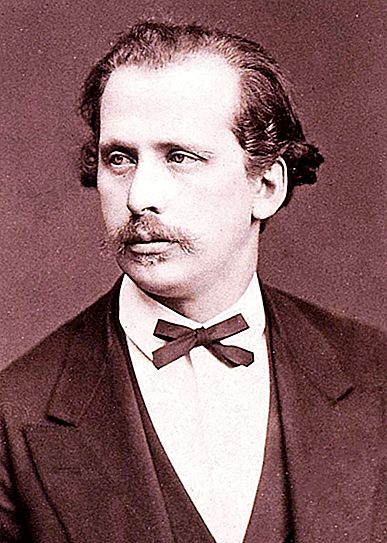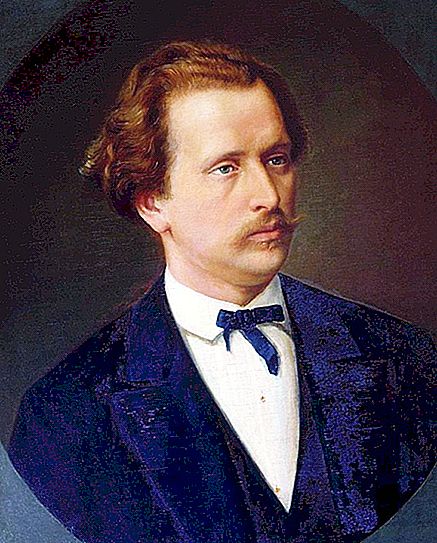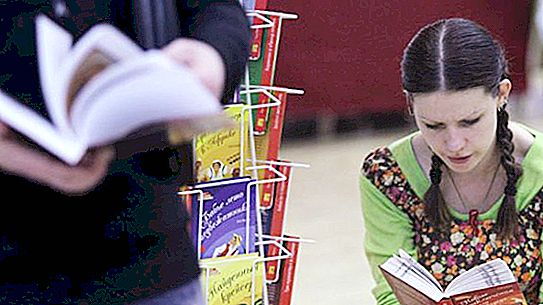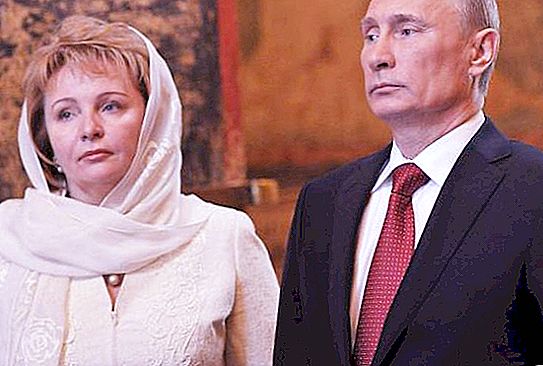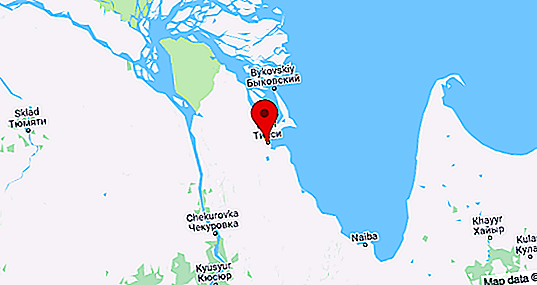Nikolai Grigorievich Rubinstein is a famous Russian virtuoso pianist, teacher, composer and founder of the Moscow Conservatory. Nikolai Grigoryevich often unfairly remained in the shadow of his older brother - the famous musician and composer Anton Grigoryevich Rubinstein, their achievements are even confused. This article provides a brief biography of Nikolai Grigorievich Rubinstein. How did his life and career develop, and what great musicians were his students?
Biography
Nikolai G. Rubinstein was born on June 14, 1835 in Moscow in a family of wealthy Jews. Nikolai grew up in a musical family - his mother had a piano education, his older brother Anton became a composer, pianist and conductor, and his younger sister Sofya became a chamber singer. Mother taught her children to play the keys, like Anton, Nikolai showed success in this matter, having mastered the basics already in four years.
When the boy was nine years old, the family moved to Berlin for a while, where Nikolai studied piano and music theory under the direction of the great German composer Theodor Kullack and musicologist Siegfried Wilhelm Dan. During these classes, the composers Mendelssohn and Meyerbeer showed interest in the talent of Nikolai and Anton. They gave them a letter of recommendation to the composer Alexandre Villouin, who trained the boys on the return of the Rubinstein family to Moscow in 1846. In the photo below, brothers Nikolai and Anton Rubinsteins.
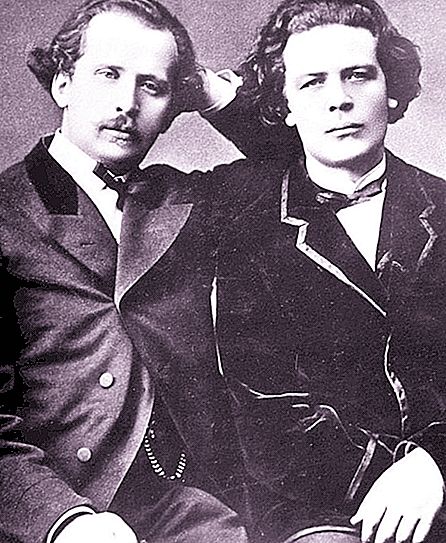
In 1851, at the age of 16, Nikolai Rubinstein entered the medical faculty of Moscow University to avoid being drafted into the army, and graduated in 1855. During his studies, he took part in the performances and tours of Anton Rubinstein and Alexandre Villouin, having established himself as an outstanding virtuoso pianist. Nikolai Grigoryevich was accepted in all the fashion salons and aristocratic houses of Moscow.
In 1859, together with Prince Nikolai Petrovich Trubetskoy, Nikolai Grigoryevich established the Moscow branch of the Russian Musical Society, and then again in 1866, in collaboration with Trubetskoy, became the founder of the Moscow Conservatory. Nikolai Grigorievich Rubinstein until the end of his life remained the director of this educational institution. Today the conservatory bears the name of Pyotr Ilyich Tchaikovsky. A photo of the Rubinstein Conservatory is presented below.
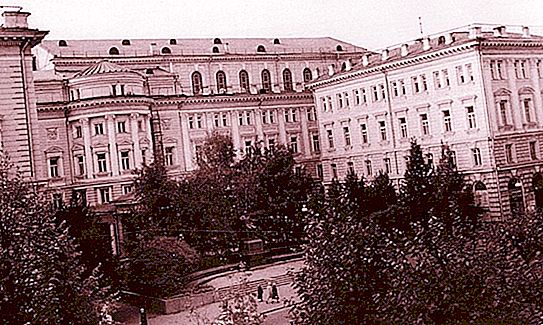
As one of the first teachers in the composition class, Nikolai Rubinstein hired Tchaikovsky, a former student of his brother, playing a large role in the future career of Pyotr Ilyich. Rubinstein also often performed works by Tchaikovsky. In 1879, under the patronage of Nikolai Grigoryevich, the premiere of Tchaikovsky's opera Eugene Onegin took place.
Nikolai Rubinstein died on March 11, 1881 in Paris (France) at the age of 45. The cause of death was the last stage of tuberculosis. Pyotr Ilyich Tchaikovsky dedicated the memory of the pianist to a piano trio composed in 1882.
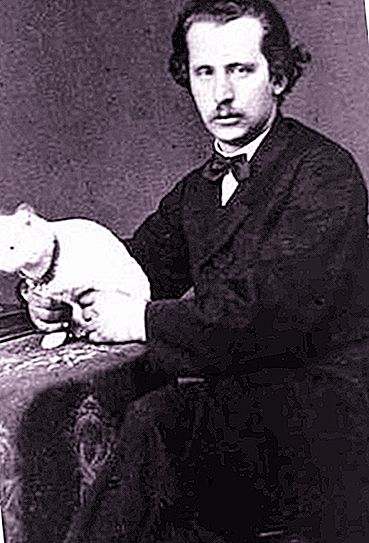
Music style
Nikolai Grigorievich Rubinstein was considered one of the greatest pianists of his time, but today his merits are in the shadow of the creative achievements of Anton Grigorievich. Unlike the fiery, innovative manner of his older brother, Nikolai Grigorievich preferred strict and restrained classicism. Contemporary critics said that Nikolai Rubinstein, like no other, was able to reveal the main essence of the play and emphasize important details.
Famous students
Adherent of classical piano education Nikolay Grigorievich Rubinstein brought up a galaxy of famous musicians as a teacher. Among them are Russian pianist and composer Sergey Ivanovich Taneev, German pianist and composer Emil von Sauer, Russian pianist and conductor Alexander Ilyich Ziloti, Russian-German pianist and teacher Ernest Aloizovich Yedlichka, and Polish-Russian pianist, teacher and composer Heinrich Albertovich Pakhulsky.

